LANGUAGE and CULTURE
Of the UK and Kazakhstan
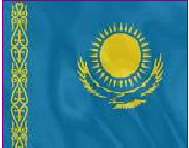


Lesson type: CONFERENCE
2013-2014
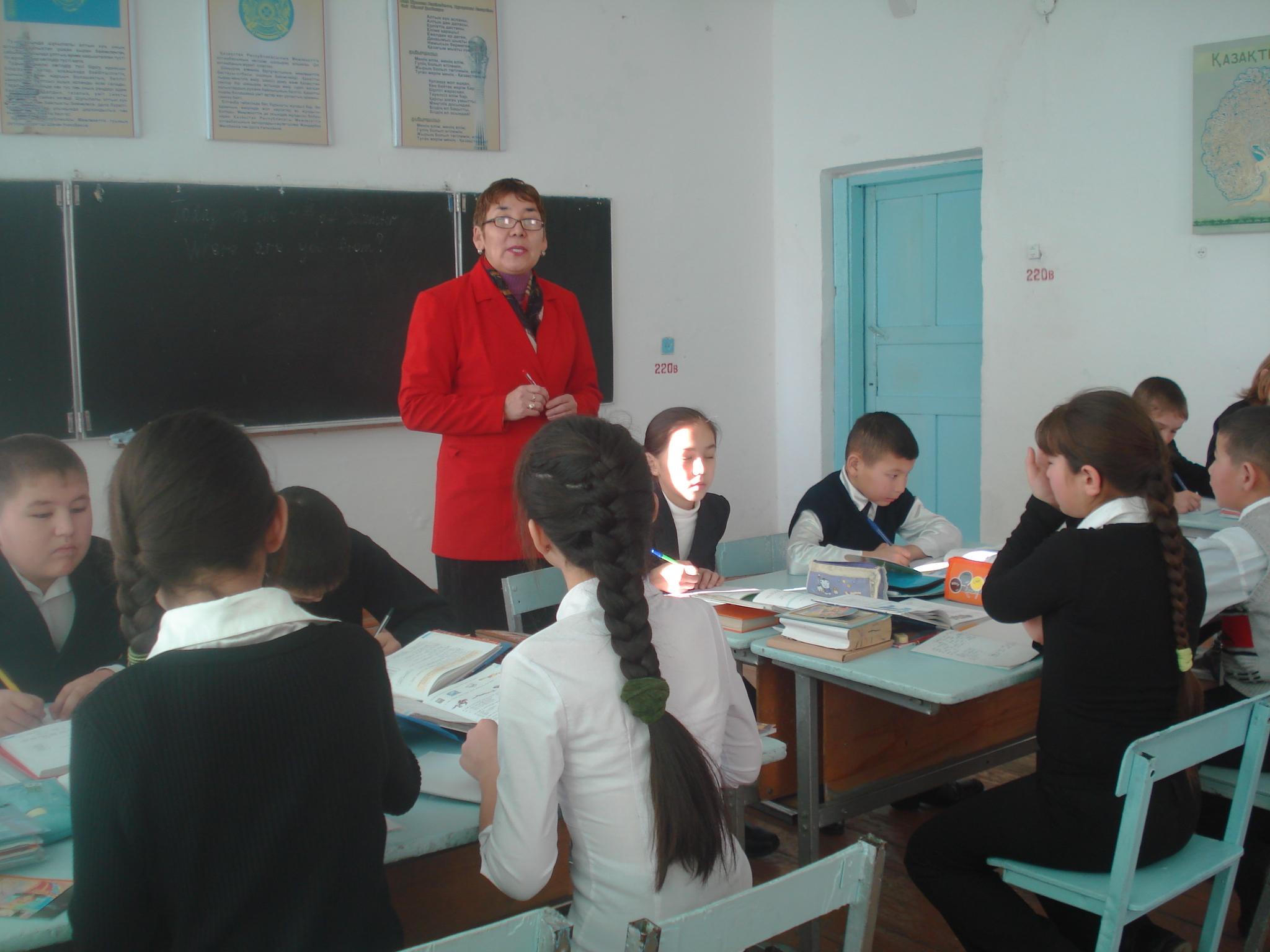
CREDO: “NO RETREATER, NO SURRENDER”
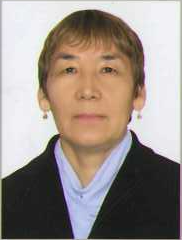
TEACHER: Rakhmatullina Bibigul
Sovetkazinovna
SCHOOL: Secondary School
of Zhangiztobe
CITY: East-Kazakhstan oblast,
Zhangiztobe village
WORK
EXPERIENCE: 30years
Lesson Specifics
TARGET AGE: 9-10 form
FOCUS:
Enrich students’ knowledge about the UK and Kazakhstan.
Develop students’ tolerance and respect to other country’s language, culture and national traditions.
Use new information technologies to form students’ positive motivation in learning English and developing their language skills.
THEME: Language and culture of the UK and Kazakhstan
TIME REQUIRED: one period of 45 minutes
OBJECTIVES:
By the end of the lesson, students will be able to practice their knowledge about language and culture of the UK and Kazakhstan.
By the end of the lesson, students will be able to find out differences in culture and life style of people of the UK and Kazakhstan.
By the end of the lesson, students will be able to develop their skills in oral speech, reading and listening.
By the end of the lesson, students will be able to gather, analyze, synthesize and evaluate information from a variety of sources and communicate their findings in the appropriate through various activities.
MATERIALS REQUIRED:
USED TECHNILOGIES:
PROCEDURE:
Organization moment.
Teacher: Good morning, boys and girls!
Do you like to travel? Yes, many people all over the world are interested by foreign language, way of life and culture of strange countries. And today our lesson devoted to acquaintance with language and culture of the UK and Kazakhstan.
Then teacher calls out two active students (leaders) and offers each of them to choose one of two cards. One card images flag of the UK and the other – flag of Kazakhstan. On the back side of the cards there is a dialogue between representatives of the UK and Kazakhstan. Teacher gives to these students one minute to remember their part of dialogue.
During this one minute teacher address to class and ask: “Do you remember your homework?” (Yes, it was to gather information about language and culture of the UK and Kazakhstan).
Teacher: Did you cope with this task? (Yes)
Teacher: Ok, what kind of sources did you use? (Books, magazines, Internet etc).
Teacher: very good. So, (teacher address to the leaders) I think time is up.
A) Performance of the leaders.
The leaders carry on the dialogue:
Hello, my name is Marat. I’m from Kazakhstan.
Hello, Marat. My name is Richard and I’m from England.
Oh, it’s very interesting for me to get more information about your country. Especially about language and culture of the UK.
No problem, I’m glad to help you. My friends and I can conduct a virtually excursion.
It would be wonderful! Let me invite my friends.
Of course!
B) Forming of two groups
So, class is divided into two groups: delegation of the UK and delegation of Kazakhstan. They are sitting facing one another. Performing student shows necessary scenes at the interactive board. Then the lesson continues as conference between two countries. At first group #1 begins:
S1: Language
The United Kingdom does not have a constitutionally defined official language. English is the main language (being spoken by more than 90% of the UK population) and is thus the de facto official language.
Other native languages to the Isles include Welsh, Irish, Ulster Scots, Cornish, Gaelic and British Sign Language.
What about the language of your country?
S1: Kazakh is the state language; Russian is the official language of Kazakhstan. In our country there are more than 130 nationalities and Kazakh is spoken by approximately 60% of the Kazakhstan population.
Could you tell about lifestyle of the people in the UK?
L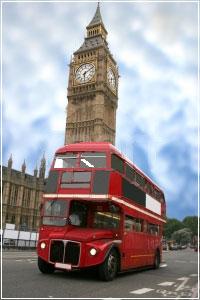 ifestyle
ifestyle
S2 As a nation, the Brits tend not to use superlatives and may not appear terribly animated when they speak. This does not mean that they do not have strong emotions; merely that they do not choose to put them on public display. They are generally not very openly demonstrative, and, unless you know someone well, may not appreciate it if you put your arm around their shoulder. Kissing is most often reserved for family members in the privacy of home, rather than in public. You'll see that the British prefer to maintain a few feet of distance between themselves and the person to whom they are speaking. If you have insulted someone, their facial expression may not change.
The British are very reserved and private people. Privacy is extremely important. The British will not necessarily give you a tour of their home and, in fact, may keep most doors closed. They expect others to respect their privacy. This extends to not asking personal questions. The question, “Where are you from?” may be viewed as an attempt to “place” the person on the social or class scale. Even close friends do not ask pointedly personal questions, particularly pertaining to one’s financial situation or relationships.
S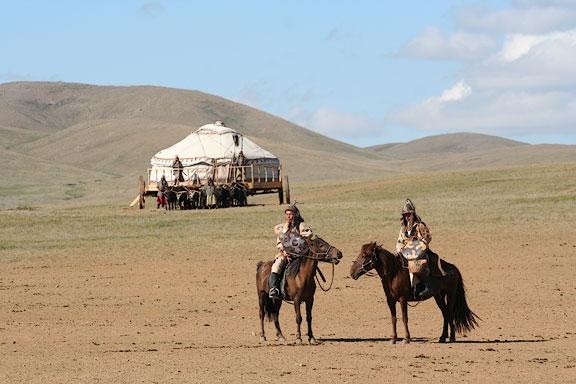
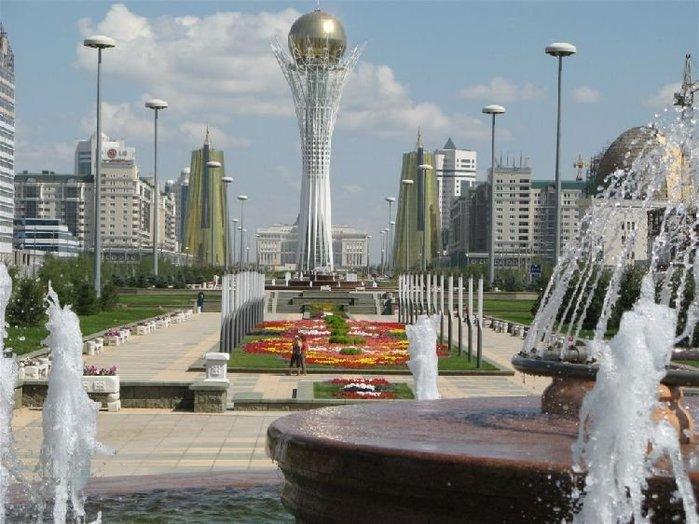 2: it’s very interesting! Kazakh people are modest too. They don’t express their emotions on public. Since ancient times our people are notable for their hospitality. Being nomads in past time they lived in movable dwelling (yurta). At that time it was ordinarily for Kazakh family to have many children (5-9). Several yurtas were jointed in a small village (aul), where everybody knows each other. A village was as one big family. That’s why privacy is alien to Kazakh people. But now we live in other time. Many things are changed. Our people have some common features with European and American people.
2: it’s very interesting! Kazakh people are modest too. They don’t express their emotions on public. Since ancient times our people are notable for their hospitality. Being nomads in past time they lived in movable dwelling (yurta). At that time it was ordinarily for Kazakh family to have many children (5-9). Several yurtas were jointed in a small village (aul), where everybody knows each other. A village was as one big family. That’s why privacy is alien to Kazakh people. But now we live in other time. Many things are changed. Our people have some common features with European and American people.
S3. Yes. And such tendency we can see in other countries all over the world. It is process of globalization. But we, i.e. the youth of every country must preserve our national language, culture, originality, because these are what differs one nation from another.
S3: Yes, that’s right. What about the culture in the UK?
Culture
S4. C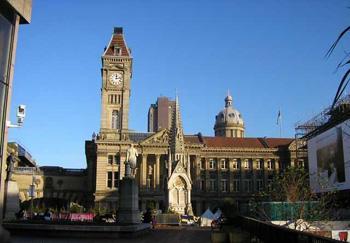 ultural and artistic life in Britain is rather rich. It passed several main stages in its development.
ultural and artistic life in Britain is rather rich. It passed several main stages in its development.
Art, culture and literature flowered during the Elizabethan age. It was the period of English domination of the oceans. It was at this time that William Shakespeare lived.
Monuments and traces of past greatness are everywhere. There are buildings of all styles and periods. A great number of museums and galleries display precious and interesting finds from all parts of the world and from all stages in the development of nature, man and art.
London is one of the leading world centers for music, drama, opera and dance. Festivals held in towns and cities throughout the country attract much interest.
William Shakespeare, John Milton, William Wordsworth, Christopher Marlowe, Ben Johnson, Samuel Coleridge, Thomas Dekker are the famous cultural workers of the Britain.
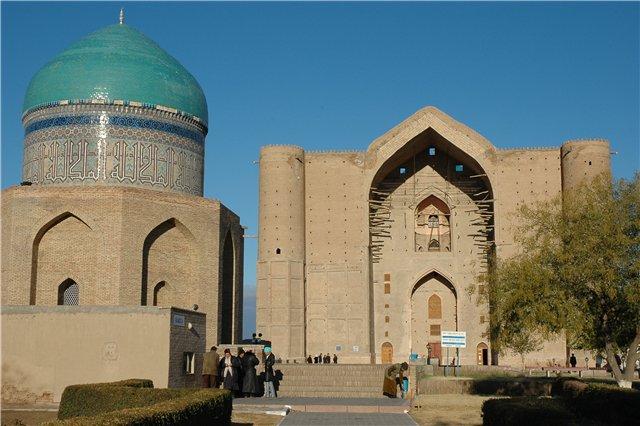 S4: Really British culture is very attractive and rich. And although Kazakhstan is very young country in comparison with Britain Kazakh culture is deeply rooted. Traveling on spacious Kazakh lands your can see many ancient monuments of culture: different ruins, remains, stone sculptured figures, mausoleums etc. One of the most popular architectural monuments preserved to our time is mausoleum of Akhmed Yassayi in Turkestan. Many found precious finds and things of life are an evidence of the culture, way of life of the ancient people who lived on the Kazakh lands. One of the famous precious finds of ancient times Gold Man was found in Kazakh town Esik in South-Kazakhstan oblast.
S4: Really British culture is very attractive and rich. And although Kazakhstan is very young country in comparison with Britain Kazakh culture is deeply rooted. Traveling on spacious Kazakh lands your can see many ancient monuments of culture: different ruins, remains, stone sculptured figures, mausoleums etc. One of the most popular architectural monuments preserved to our time is mausoleum of Akhmed Yassayi in Turkestan. Many found precious finds and things of life are an evidence of the culture, way of life of the ancient people who lived on the Kazakh lands. One of the famous precious finds of ancient times Gold Man was found in Kazakh town Esik in South-Kazakhstan oblast.
As you know Kazakh in the past times leaded nomadic life. That’s why all spheres of their life were concerned with nature, environment. For example, national ornament of Kazakh people resembles a horn of lamb. Now Kazakhstan represents combination of the west (modern) and east (national) cultures. Astana is a symbol of Kazakhstan. There are many culture centers, museums, cinemas, theatres.
The eminent cultural workers of Kazakhstan were Abai Kunanbayev, Mukhtar Auezov, Shakarim Kudaiberdiev, Sabit Mukanov, Ybyrai Altynsarin and other. Thanks to their works widespread all over the world Kazakhstan become interesting and attractive for other counties.
National costume
S5. Really it’s very interesting. What about national costume of Kazakhstan?
For example as for the United Kingdom, there is no national costume though the individual countries have distinctive forms of national dress: Scotland has the kilt, accompanied by sporran and sgian dubh, as well as the Tam O'shanter; England has the costumes of Morris dancers.
S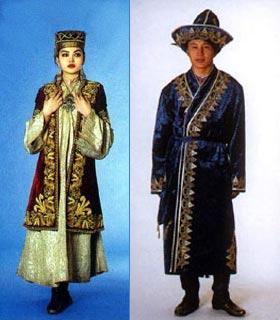 5: yes, there are national costume of Kazakhstan: for women and for men. In the past time women was clothed in long high-necked bell-bottomed gown with flounces, long waistcoat patterned with national ornament. A head-dress of kazakh women is Saukele. It is high cone-shaped cap patterned with owl feathers and bordered with fur.
5: yes, there are national costume of Kazakhstan: for women and for men. In the past time women was clothed in long high-necked bell-bottomed gown with flounces, long waistcoat patterned with national ornament. A head-dress of kazakh women is Saukele. It is high cone-shaped cap patterned with owl feathers and bordered with fur.
As for men they wear long-sleeved shirt, trousers and waistcoat patterned with national ornament too. They wear long coat named Shapan and a cap named Borik.
It was clothes of our ancestors. Now kazakh people wear as European and American people. Only on national holidays women and men acting on concerts wear these costumes.
Holidays
S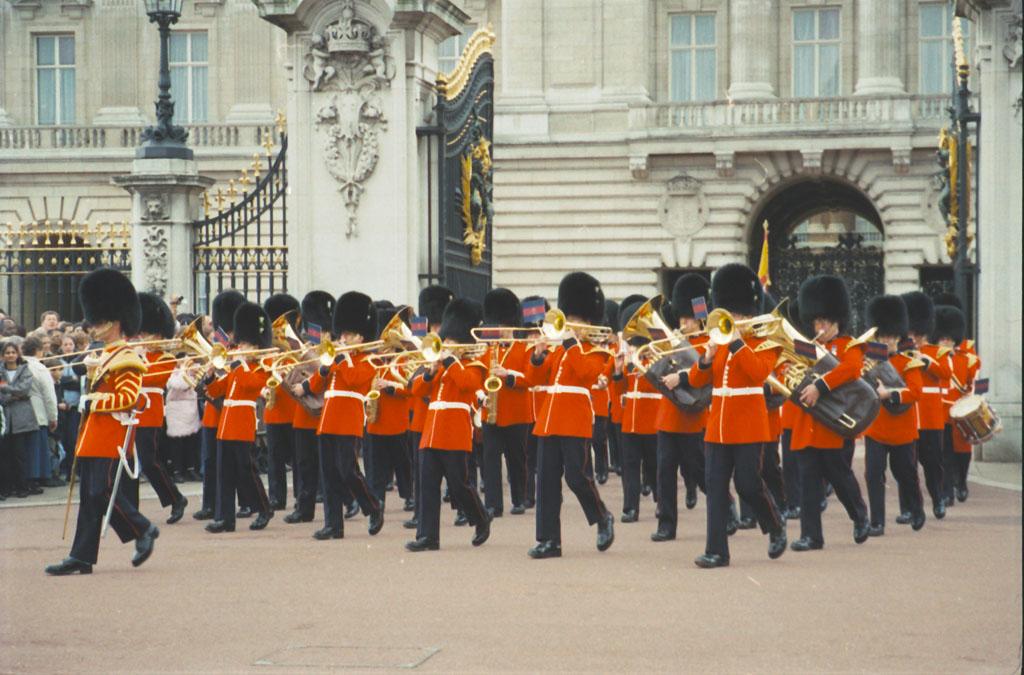 6. By the way, about national holidays: in the UK there are fewer public holidays than in other European countries. They are: Christmas day, Boxing day, New Year’s Day, Good Friday, Easter Monday, Spring Bank Holiday and Summer Bank Holiday. Public holidays in Britain are called bank holidays, because the banks as well as most of the offices and shops are closed.
6. By the way, about national holidays: in the UK there are fewer public holidays than in other European countries. They are: Christmas day, Boxing day, New Year’s Day, Good Friday, Easter Monday, Spring Bank Holiday and Summer Bank Holiday. Public holidays in Britain are called bank holidays, because the banks as well as most of the offices and shops are closed.
The most popular holiday is Christmas. Every year the people of Norway give the city of London a present. It’s a big Christmas tree and it stands in Trafalgar city. Central streets are beautifully decorated.
Christmas is a family holiday. Relatives usually meet for the dinner of turkey and Christmas pudding. And everyone gives and receives presents. The 26th of December, Boxing day, is an extra holiday after Christmas Day. This is a time to visit friends and relatives or perhaps sit at home and watch football.
New Year’s Day is less popular in Britain than Christmas. But in Scotland, Hogmanay is the biggest festival of the year.
W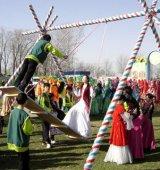 hat about holidays in Kazakhstan?
hat about holidays in Kazakhstan?
S6: official holidays in the Republic of Kazakhstan are the following: the New Year’s Eve (January 1-2), the International Women Day (the 8th of March), Nauryz meiramy (22nd of March), the Day of International solidarity of the Working People (the 1st of May), the Day of the Republic (25th of October), the Day of Independence (16th of December).
One of the national holidays is Nauryz meiramy. It is a Holiday of Spring and renovation. Our forefathers celebrated the New Year’s Eve right in Spring, on the day of vernal equinox.
T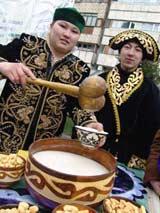 raditionally Nauryz or Novruz is celebrated in Muslim countries though this holiday has never been purely religious one and contained none of canonic elements whatsoever. The manner of celebrating the holiday adheres to humanistic provisions of both traditional religious conceptions and secular states of the Orient.
raditionally Nauryz or Novruz is celebrated in Muslim countries though this holiday has never been purely religious one and contained none of canonic elements whatsoever. The manner of celebrating the holiday adheres to humanistic provisions of both traditional religious conceptions and secular states of the Orient.
Indeed it takes a whole week of festive national gatherings in streets and squares accompanied by specific public merrymaking (take, for instance, unique Kazakh “Altybakan”) and sumptuous feasts (invariably in each house they cook a so called “nauryz kozhe”).
A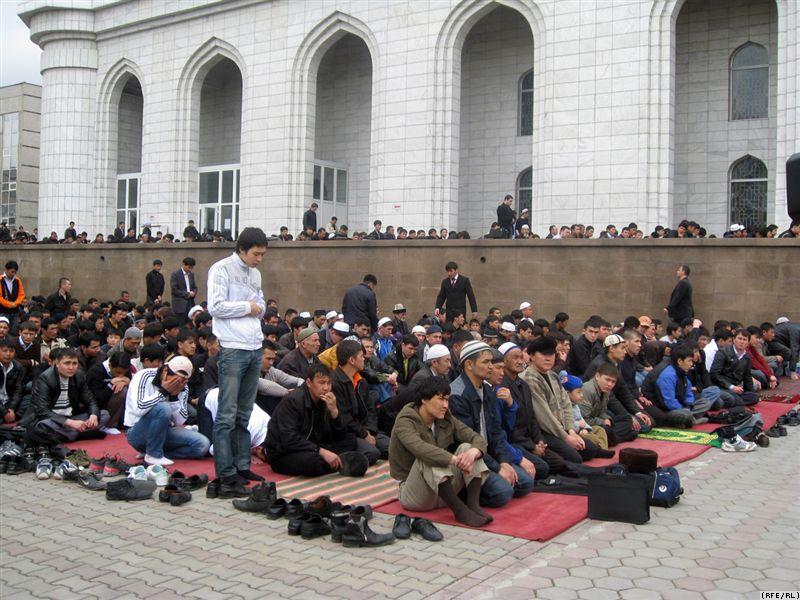 t present in Kazakhstan two Great Islamic holidays are also celebrated. They are: Pitir ait and Kyrban ait (Kyrban bairam).
t present in Kazakhstan two Great Islamic holidays are also celebrated. They are: Pitir ait and Kyrban ait (Kyrban bairam).
Pitir ait is a holiday of breaking the past after Holy month of Muslim named Ramadan. Believers give a donation to poor men. Many Muslims gather in mosques for holiday praying. After that they congratulate and visit each other.
Kyrban ait (Kyrban bairam) is a holiday of sacrifice. Muslims who have material possibility sacrifice a sheep. Meat of sacrificing sheep is divided into three parts. One part is dispensed to poor men, the second as a present, and the third is reserved as a meal. On this day Muslims also gather in mosques for holiday praying. After that they congratulate and visit each other too.
The holiday lasts three days.
These both are great holidays of Muslims. We celebrate them because the majority of Kazakh people are Muslims.
Religion
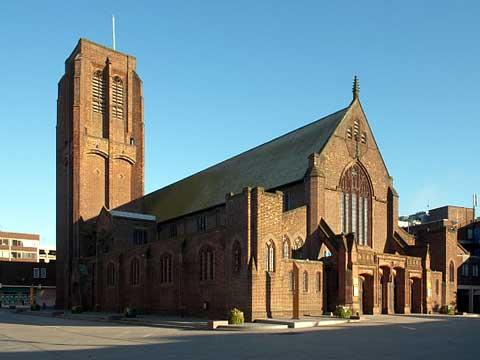 S7.
S7.
The United Kingdom was created as a Protestant Christian country and Protestant churches remain the largest faith group in each country of the UK. Following this is Roman Catholicism and religions including Islam, Hinduism, Sikhism, Judaism, and Buddhism.
Sport
S7.
What sports are popular in the UK?
For example in Kazakhstan the following sports are popular: free-style wrestling, Greco-Roman wrestling, boxing, skiing, and calisthenics.
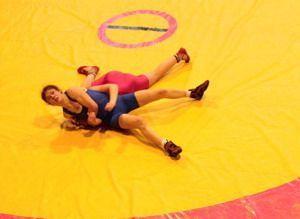
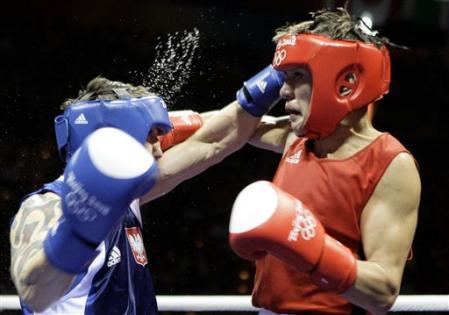
S7.
Football is the national sport in Britain. Tennis, skating, skiing, racing are also popular in the UK.
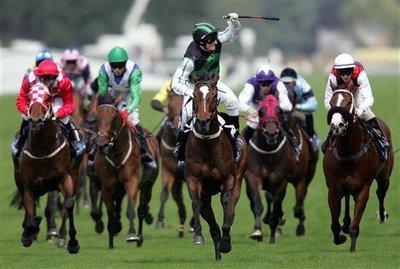
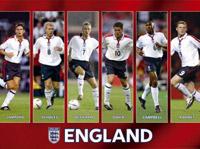
Teacher: So, our conference draws to a close. I give to the leaders of the groups the permission to speak and express opinion about work of group members.
Evaluation and conclusion.
Teacher offers to the leaders of each group to evaluate work of each members of the group.
If activities of the members during the lesson were unsatisfactory then they can make-up an oral quiz. Questions can be made up on basis of information outspoken by students during the lesson.
Leaders evaluate other students taking into account the followings:
Speech skills: ability to speak in public, using plentiful vocabulary and forming correct sentences;
Listening;
Ability to work in a group;
Ability to describe a picture;
Ability to memorize new words, using them in own speech.
Then the teacher evaluates the leaders of groups.
IV. Homework: To write a short essay “In the future I see Kazakhstan as...” (100-120 words)
Methodical recommendations
The lesson is meant for 10 – 11 forms. Senior pupils are future students. That’s why it will be useful for them to training appropriate skills beforehand. Then in the future they will easily display activity in different student arrangements, conferences, meetings etc. For senior pupils such types of lessons as conference, round table, and discussion are very suitable and effective. It is excellent practice for them.
The basic aim of the lesson is to enrich students’ knowledge about UK and Kazakhstan, their lifestyle, culture and traditions.
Learning aims of the lesson are:
Developing aims of the lesson are:
to develop cognitive skills of students such as analyze, synthesis, generalization;
to develop communicational skills;
to develop imagination and creative activity;
to develop handling of the Internet sources.
Pedagogical aims of the lesson are:
On the lesson the next types of interaction was used:
TEACHER STUDENT;
TEACHER STUDENTS;
STUDENT- STUDENT.
Special notation: SN – Student - a representative of Kazakhstan;
SN – Student - a representative of the UK.

 Получите свидетельство
Получите свидетельство Вход
Вход








 ifestyle
ifestyle
 2: it’s very interesting! Kazakh people are modest too. They don’t express their emotions on public. Since ancient times our people are notable for their hospitality. Being nomads in past time they lived in movable dwelling (yurta). At that time it was ordinarily for Kazakh family to have many children (5-9). Several yurtas were jointed in a small village (aul), where everybody knows each other. A village was as one big family. That’s why privacy is alien to Kazakh people. But now we live in other time. Many things are changed. Our people have some common features with European and American people.
2: it’s very interesting! Kazakh people are modest too. They don’t express their emotions on public. Since ancient times our people are notable for their hospitality. Being nomads in past time they lived in movable dwelling (yurta). At that time it was ordinarily for Kazakh family to have many children (5-9). Several yurtas were jointed in a small village (aul), where everybody knows each other. A village was as one big family. That’s why privacy is alien to Kazakh people. But now we live in other time. Many things are changed. Our people have some common features with European and American people. ultural and artistic life in Britain is rather rich. It passed several main stages in its development.
ultural and artistic life in Britain is rather rich. It passed several main stages in its development. S4: Really British culture is very attractive and rich. And although Kazakhstan is very young country in comparison with Britain Kazakh culture is deeply rooted. Traveling on spacious Kazakh lands your can see many ancient monuments of culture: different ruins, remains, stone sculptured figures, mausoleums etc. One of the most popular architectural monuments preserved to our time is mausoleum of Akhmed Yassayi in Turkestan. Many found precious finds and things of life are an evidence of the culture, way of life of the ancient people who lived on the Kazakh lands. One of the famous precious finds of ancient times Gold Man was found in Kazakh town Esik in South-Kazakhstan oblast.
S4: Really British culture is very attractive and rich. And although Kazakhstan is very young country in comparison with Britain Kazakh culture is deeply rooted. Traveling on spacious Kazakh lands your can see many ancient monuments of culture: different ruins, remains, stone sculptured figures, mausoleums etc. One of the most popular architectural monuments preserved to our time is mausoleum of Akhmed Yassayi in Turkestan. Many found precious finds and things of life are an evidence of the culture, way of life of the ancient people who lived on the Kazakh lands. One of the famous precious finds of ancient times Gold Man was found in Kazakh town Esik in South-Kazakhstan oblast.  5: yes, there are national costume of Kazakhstan: for women and for men. In the past time women was clothed in long high-necked bell-bottomed gown with flounces, long waistcoat patterned with national ornament. A head-dress of kazakh women is Saukele. It is high cone-shaped cap patterned with owl feathers and bordered with fur.
5: yes, there are national costume of Kazakhstan: for women and for men. In the past time women was clothed in long high-necked bell-bottomed gown with flounces, long waistcoat patterned with national ornament. A head-dress of kazakh women is Saukele. It is high cone-shaped cap patterned with owl feathers and bordered with fur.  6. By the way, about national holidays: in the UK there are fewer public holidays than in other European countries. They are: Christmas day, Boxing day, New Year’s Day, Good Friday, Easter Monday, Spring Bank Holiday and Summer Bank Holiday. Public holidays in Britain are called bank holidays, because the banks as well as most of the offices and shops are closed.
6. By the way, about national holidays: in the UK there are fewer public holidays than in other European countries. They are: Christmas day, Boxing day, New Year’s Day, Good Friday, Easter Monday, Spring Bank Holiday and Summer Bank Holiday. Public holidays in Britain are called bank holidays, because the banks as well as most of the offices and shops are closed.  hat about holidays in Kazakhstan?
hat about holidays in Kazakhstan? raditionally Nauryz or Novruz is celebrated in Muslim countries though this holiday has never been purely religious one and contained none of canonic elements whatsoever. The manner of celebrating the holiday adheres to humanistic provisions of both traditional religious conceptions and secular states of the Orient.
raditionally Nauryz or Novruz is celebrated in Muslim countries though this holiday has never been purely religious one and contained none of canonic elements whatsoever. The manner of celebrating the holiday adheres to humanistic provisions of both traditional religious conceptions and secular states of the Orient.  t present in Kazakhstan two Great Islamic holidays are also celebrated. They are: Pitir ait and Kyrban ait (Kyrban bairam).
t present in Kazakhstan two Great Islamic holidays are also celebrated. They are: Pitir ait and Kyrban ait (Kyrban bairam). S7.
S7.












 LANGUAGE and CULTURE Of the UK and Kazakhstan (2.1 MB)
LANGUAGE and CULTURE Of the UK and Kazakhstan (2.1 MB)
 1
1 2467
2467 165
165 Нравится
0
Нравится
0


